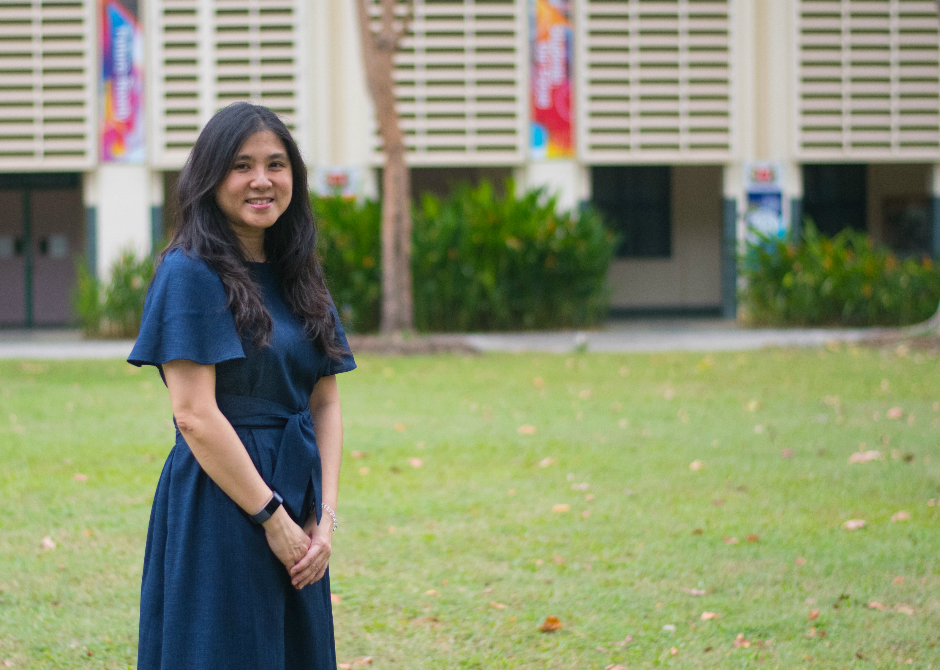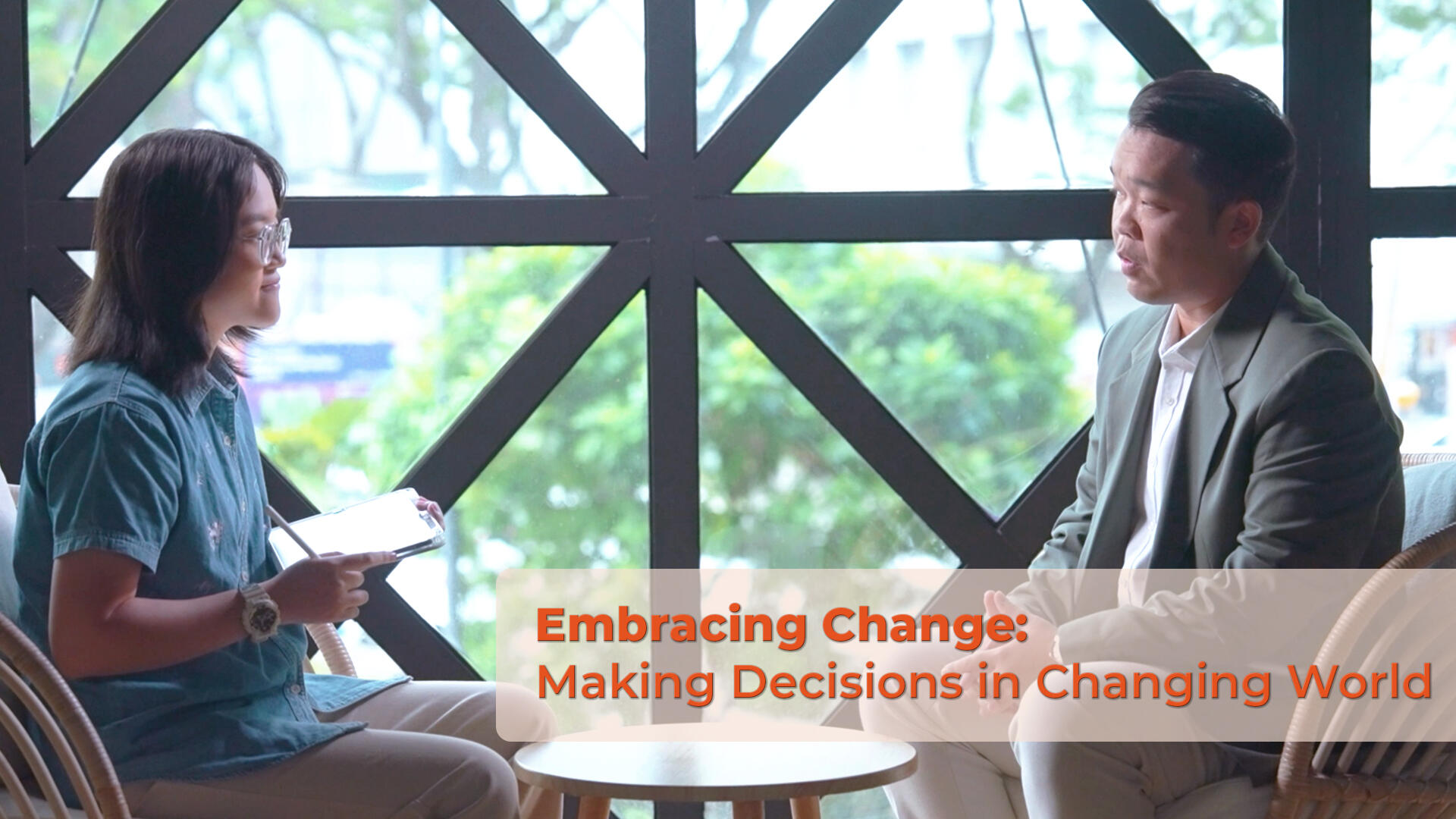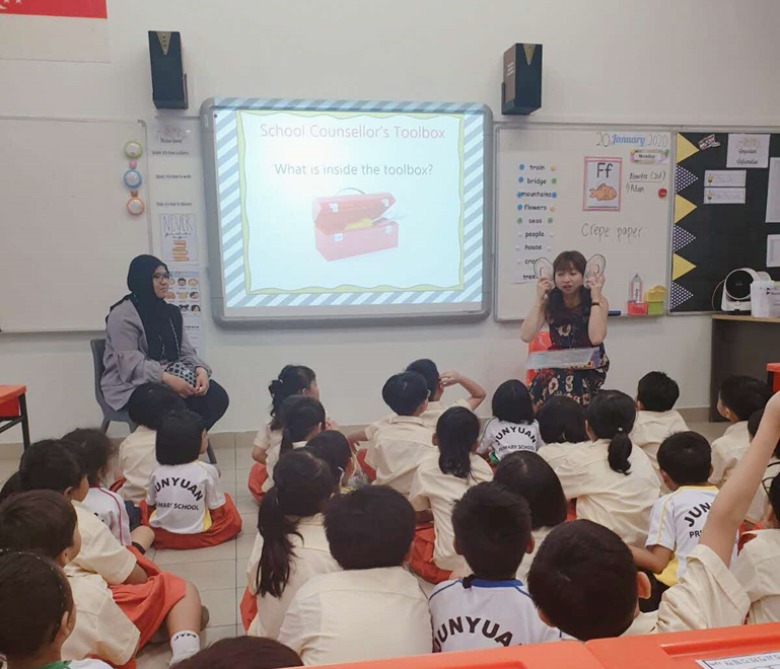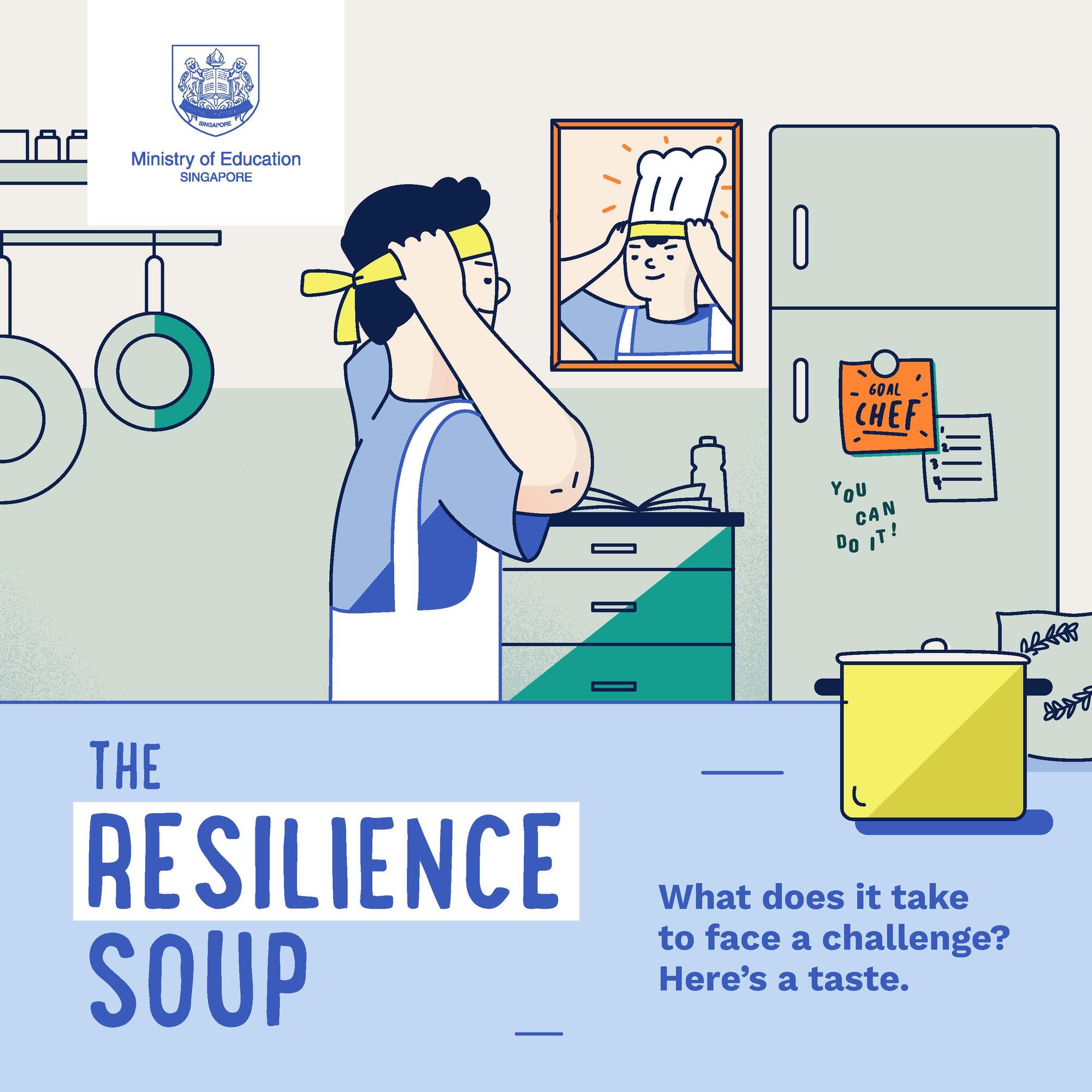How to help your child come to terms with bullying
13 Dec 2018

Being a victim of bullying can often be a painful and emotional journey. As parents, taking the right steps can ensure that your child feels safe as they overcome this difficult phase.
Whenever Dr Wong Hwei Ming is tasked with handling a bullying case, the first thing she normally does is to sit down with the bully and recount the “Two Apples Story”.
It goes like this.
A teacher stands in front of a classroom holding two identical apples, one in each palm. She repeatedly drops one from a height while firmly holding onto the other.
After a while, she asks the students if either of the apples have changed from their original state.
Since there are no noticeable differences at first glance, they reply by saying that both apples look exactly the same as before.
But when the teacher takes a knife and cuts into both the apples, the one that has been dropped several times reveals a badly bruised flesh while the other remains perfectly intact.
“The reality of bullying is that victims tend to seem normal on the outside even though they might be experiencing great trauma on the inside,” said Dr Wong, educational psychologist and school counsellor.
“This is why it is always important for students to learn at a young age that their words and actions have severe repercussions on the lives of those they choose to bully.”
However, it can be difficult to ascertain if these hurtful actions were indeed bullying. Like the dropping of an apple, it can be hard to decipher the intent of the action. Was it done intentionally? Was it repeated over time? Did the victim find it difficult to stop these hurtful actions? In the spectrum of hurtful behaviours, including bullying, parents and teachers have the power to calibrate their response and support for their children and nip the problem at the bud.
A key step is to identify signs that their children were upset and affected by others’ words and actions. Whereas physical bullying in the form of bruises and bumps tend to be more visible and indicate that something might be amiss, it becomes especially hard to detect when the bullying is verbal or social in nature.
In cases like these, the most important tell-tale sign is a drastic change in their children’s character or mannerisms that usually take place over a short period of time and for no apparent reason.
“It is absolutely crucial that parents take notice of extreme changes in their children’s behaviour,” said the research scientist at the National Institute of Education’s Centre for Research in Pedagogy & Practice.
“When a usually jovial child suddenly becomes quiet or vice versa, this is usually an indication that there might be a larger underlying issue so parents need to be observant.”
Communication and Support
When parents observe that these signs of distress in their children or when they confide in them, the first thing parents should do is to find out from their child what has happened. Next, inform the school about the incident. This will enable schools to have a comprehensive overview on the situation and to look further into it. Parents and teachers can then discuss on the subsequent steps to better address the issue and prevent further incidents.
Dr Wong added that a strong communication network among the student, school and parent is extremely vital in helping to combat against bullying and other forms of hurtful actions.
“The most important message we want to get across to the students is that they are not alone and that there is a support network that they can depend on both in school and at home,” she noted.
Dealing with the situation
As a parent, finding out that your child is a victim of bullying can be a highly emotional experience. How parents react can either make or break the situation.
Even though it might be a difficult phase, it is absolutely essential that you remain calm to appropriately assess the situation and provide emotional support to your children.
For a victim of bullying who might already be experiencing mental and physical duress, not having the support of their parents can be highly detrimental for their healing process.
“From a young age, children tend to look towards their parents as safe havens of comfort and security,” explained Dr Wong. As parents, we must provide them with a listening ear and refrain from jumping to conclusions too quickly. We must express support for the child by understanding the situation.
One of the biggest mistakes that parents of bullying victims can do is to encourage their children to fight back against their oppressors.
Even though this might seem like the most practical response, it not only places the child in greater danger, it also means that no solution is found.
“Violence is not the way and it may actually make things worse because fighting back might anger the bully and cause them to retaliate with greater force. And then your child’s self-worth goes down more,” said Dr Wong.
Instead, she recommends that parents explain what truly goes on in a bully’s mind.
It is important to help children understand that all a bully wants to do is to incite a reaction. The greater the reaction, the greater the sense of satisfaction for the bully. As parents, you can guide your children to understand that what the bullies have said or done to them do not define who they are.
Parents can also role play with their children and practice an assertive response in place of passivity or aggressiveness, e.g. “Stop that right now, leave me alone” and to walk away and get help from an adult.
How parents respond to this can present an opportunity for students to build their character and resilience.
“It might be difficult at first but if you ignore the bully despite repeated attempts, they will eventually realise that they cannot break you. This is where you succeed because you managed to solve the situation without retaliating with violence and you did not let the bullies’ actions define who you are,” she said.
What to do when your child is a bully
For parents of bullies, finding out that your children have been terrorising others at school can sometimes be too much to handle.
There are typically three different reactions.
The first tend to be indifference, with parents playing down the seriousness of the situation by saying that “kids will be kids”, or that “this is just a phase that they will outgrow eventually”.
The second tend to be apologetic and are willing to work with the school to take steps to ensure that their children change for the better.
The third are usually in denial. Regardless of the evidence placed before them, they will vehemently defend their children and sometimes even try to position their children as the victims instead of the perpetrators.
“It’s natural for parents to want to defend their kids, but by acknowledging the fact that their children were mean and disrespectful in their behaviours, parents are actually helping their own children learn and grow from their mistakes,” she noted.
“If left unchecked, their behaviour could result in dire consequences in the future and by then, it’d be too late for any intervention.”
The bystander effect
Bystanders who witness bullying also play the most integral role in tilting the power balance between bully and victim, Dr Wong added.
Bullies often engage in public displays of violence and aggression to validate themselves and get affirmation from those around them.
So when bystanders step in to call out the bullies on their actions, the latter immediately feel a need to change their ways to be accepted by those around them.
“There is definitely power in numbers so I always advise students to call out bullies the moment they witness someone being bullied. The more silent bystanders remain, the more empowered bullies tend to feel. It’s as simple as that,” she explained.
Small acts of kindness can make a big difference to the victims. As parents, you can encourage your children to be a helpful and caring friend by accompanying a classmate who has been left out by others to recess, chatting with them to find out how they are feeling.
The best advice Dr Wong has for combating bullying is for parents is to maintain open communication with their children.
“When your child is comfortable to speak with you, they will share everything with you. Once they know that they have someone they can trust, they will naturally alert you to any problems they might be facing,” she said.

.jpg)



